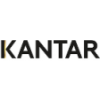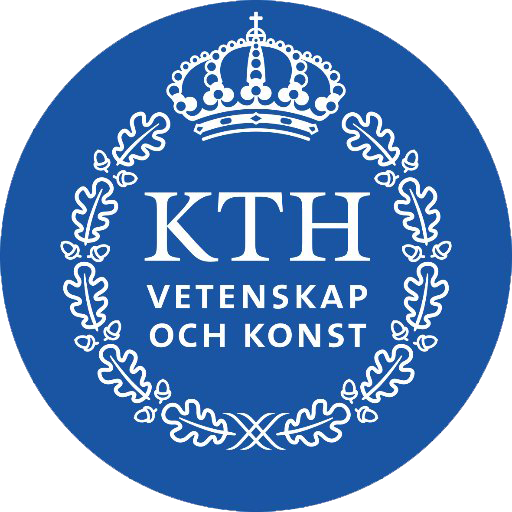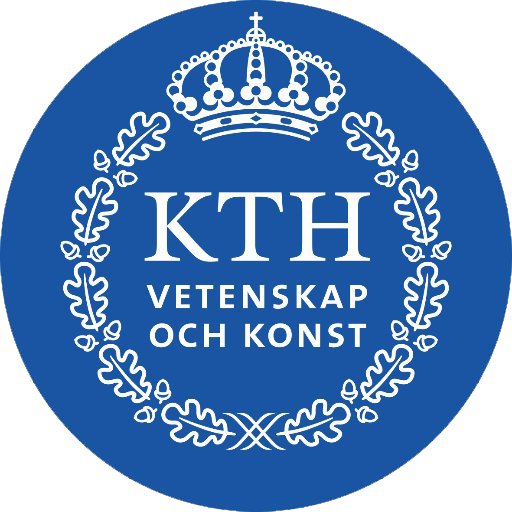Snabbfakta
-
- Orsay
Ansök senast: 2024-11-04
Postdoc in Biology (M/ F)
About us
The “Institut Curie” is a major player in the research and fight against cancer. It consists of a hospital and a Research Center of more than 1000 employees with a strong international representativeness.
The objective of the Curie Institute Research Center is to develop basic research and to use the knowledge produced to improve the diagnosis, prognosis, and therapeutics of cancers as part of the continuum between basic research and innovation serving the patient.
Mission
Laboratory
The “Repair, Radiation, and Innovative Cancer Therapies” team (U1021/UMR3347/Université Paris Saclay) specializes in developing new therapeutic strategies aimed at increasing the therapeutic index of radiotherapy. One of the team’s research focuses is understanding the molecular mechanisms of toxicities induced by radiotherapy, particularly how FLASH radiotherapy (Favaudon et al. Science Translational Medicine 2014) can reduce the development of pulmonary toxicities while maintaining anti-tumor efficacy comparable to that of conventional radiotherapy (i.e., the FLASH effect). In close collaboration with clinicians (radiotherapists, pulmonologists, and thoracic surgeons), the team seeks to characterize, from specific mouse transgenic models as well as patient samples, the cellular and molecular effects of FLASH radiotherapy using combination of state-of-the-art molecular and cellular approaches.
Research Project
The project aims at deciphering the molecular and cellular mechanisms of the FLASH effect in the lung. During the first phase of the project, the postdoctoral researcher will develop innovative cellular models using lung cells derived from transgenic mouse models as well as lung samples collected from patients. In a second step, he/she will perform functional in vitro assays combined to molecular analysis at the transcriptional level (single cell RNAseq, spatial transcriptomic) to test several mechanistic hypothesis driven by preliminary data from the team and other groups. Therefore, we are seeking a motivated researcher to lead this project in collaboration with other team members. The selected candidate will have recently completed their PhD. Previous experience in the development of innovative cellular models (e.g. organoids, organ-on-chip) will be a plus. She/he will aim to: i) integrate into a young, dynamic, and supportive team, ii) have interest in the development of sophisticated cellular models, iii) combine quantitative in vitro analysis with some computational analysis (with the support of bioinformatician in the team).
Missions
Establish and use innovative cellular models (e.g., lung organoids).
Develop in vitro functional assays.
Perform molecular analysis (RNAseq, single-cell RNAseq, spatial transcriptomic).
Analyze sequencing and imaging data.
Profile
Training and experience required
PhD in molecular/cell biology
Experience in the development of innovative cellular models (e.g., organoids, organ-on-chip), isolation of specific cell types from tissue, cell culture proficiency
Expertise in microscopy
Knowledge of programming languages (Python, R) would be an asset
Skills
Motivated and able to work independently
Curious and proactive are key assets
Essential team spirit
Ability to communicate effectively in English
All our opportunities are open to people with disabilities
Contract information
Type of contract: COD
Starting date: as soon as possible
Duration: 18 months min
Working time: full time
Remuneration: according to the Institut Curie current grids
Benefits: Collective catering, reimbursement of transportation fees up to 70%, supplementary health insurance
Location of the position: Orsay (91)- public transportations
Contact
Please send your CV, letter of motivation and 2-3 references
Deadline for application: Friday 1st of November 2024
Institut Curie is an inclusive, equal opportunity employer and is dedicated to the highest standards of research integrity.
https://euraxess.ec.europa.eu/sites/default/files/brochures/eur_21620_en-fr.pdf


&v=024)










